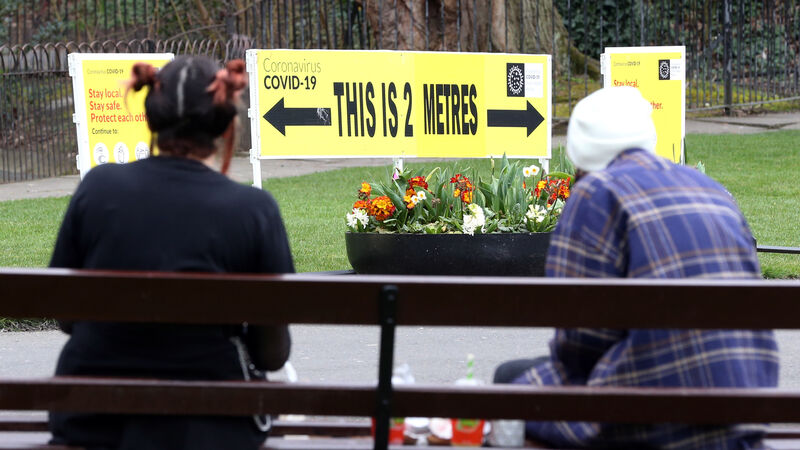Nphet letter reveals sharp decline in Covid deaths but says situation remains 'concerning'

The risk of a fourth wave of infection in the coming weeks is very high if public health measures are relaxed too quickly, the Government was warned.
There has been a sharp decline in the number of people dying from Covid-19 in March, compared with January when it was almost 10-times higher, the Government has been told.
The number of deaths from Covid-19 fell sharply in March to 167 compared with 803 in February and 1,371 in January, Nphet has revealed to ministers.











